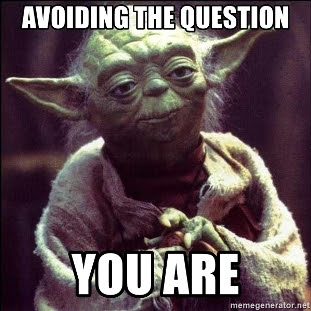This
involving book, based on a true story but with some facts altered, is written
as a first person account (although it is not the author's story) from a woman
involved in a severely physically and emotionally abusive marriage. The author
takes the reader on a fascinating tour inside her mind and thought processes.
The
book strongly implies that she made no effort to leave for many years, and says
that her parents refused to help her do so, under the rationalization that they
were too afraid of her husband. She finally does leave and files for divorce.
The narrative does not discuss the husband’s behavior during the divorce, but
it appears that it went fairly uneventfully and without any stalking by her ex.
She received the house and custody of their three daughters in the settlement,
and her ex seems to have made alimony payments regularly.
Three
years later she has a “nervous breakdown,” and describes in vivid terms her
overwhelming sense of doom due to her depression. She makes three serious
suicide attempts, and describes her ambivalence over abandoning her children
and leaving her eldest daughter to take care of the other two, while all the
while also feeling tremendous guilt over her daughter having had to take care
of her in a parent-child role reversal.
She
finally gets committed to a horrible mental hospital and given ECT against her
will. Although she does not say she was diagnosed with major depressive
disorder, her disturbing descriptions of her thoughts and feelings while in the
depressed state are impressive, and give the reader a sense of what it might be
like to have been in her shoes. It later turns out that she did not have a
typical major depressive disorder, but one caused by a medical disorder,
Cushing’s disease, which leads to very high level of the stress hormone
cortisol, a steroid. A major depressive syndrome is seen in 50%–70% of the cases of
Cushing’s syndrome.
She
opines that the high levels of cortisol may have come from high levels of
stress, which, she implies, seems to have increased rather than decreased after
she got out of the marriage. As it turns out, however, that was not the case at
all. Her disorder was caused by a tumor of the pituitary gland.
It
does not mean that anyone is “blaming” her for the severe abuse she suffered,
but it is extremely important in the mental health field's attempts to prevent
others from following in her footsteps, to pose the question of why she stayed
with her husband for so long, and why she felt more stressed out after the
divorce than during the time she was with her husband. There is no way we can
know the answers to this question for certain just from the descriptions in
this book, but there are several tantalizing clues.
The
usual excuses offered up to justify the behavior of women who repeatedly return
to an abusive relationship often do not hold water, but especially so in this
case. As per her own description, she was in far more danger of being
killed by him over the long run if she stayed than if she left. While they were
together, he constantly threatened to kill her and even fired gunshots at her,
narrowly missing her head on purpose. There were literally bullet holes in the
walls.
She
also knew very well that he was violent before they were married, because there
were episodes of it back then.
And
why would she be more stressed out after she left if, as it
seems, her ex was not stalking her? The narrator admits that she still loves
her husband even after the divorce despite all the pain he put her through. She
offers a very interesting hypothesis about why he abused her:
he came from a highly abusive family himself, and was taking his anger out at
them on her. The question she keeps asking herself is how she could have helped
this man to become less bitter. Presumably, how else. What she had
been doing clearly did not work. Her question is consistent with my hypothesis
about this case
Readers
of this blog can probably guess what that hypothesis is: the odds are pretty
good that she was sacrificing herself so that her husband, whom she loved,
could continue to channel his destabilizing anger away from his own parents,
and that her doing something like this might have also been her role in her own
family of origin. You know, the family that refused to help her leave her husband.
At the end of the book we find reasons that this hypothesis would certainly
necessitate further exploration.
She
was treated like a servant by her own parents growing up, especially compared
to her two siblings, who could seem to do no wrong in her parents' eyes. Her
older brother finally tells her that she was the result of an affair that her
mother had had with a neighbor, and she was not her father’s biological
daughter. Might the father have taken his anger at her mother out on her, with
her mother going along with the program in order to keep the family
together? You be the judge.
I
wonder what her parents' upbringing might have been like.







